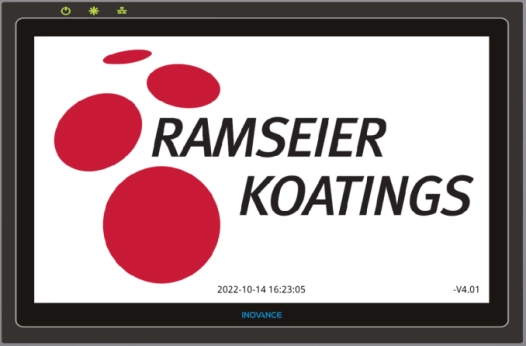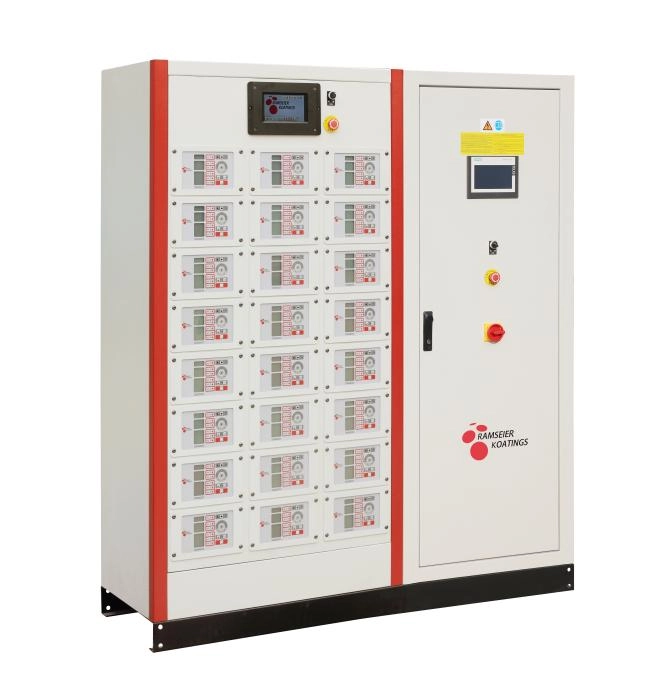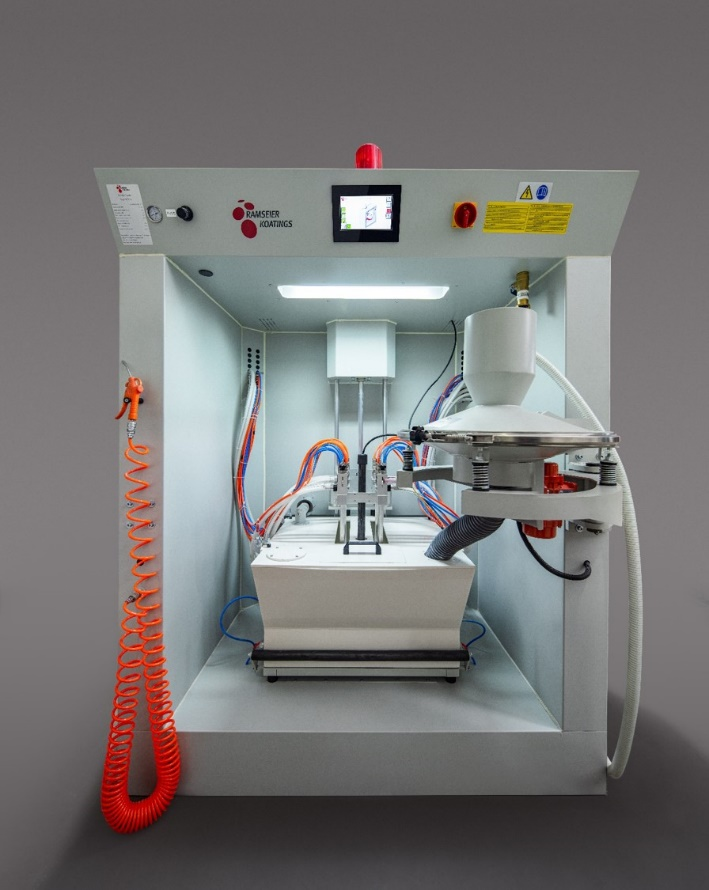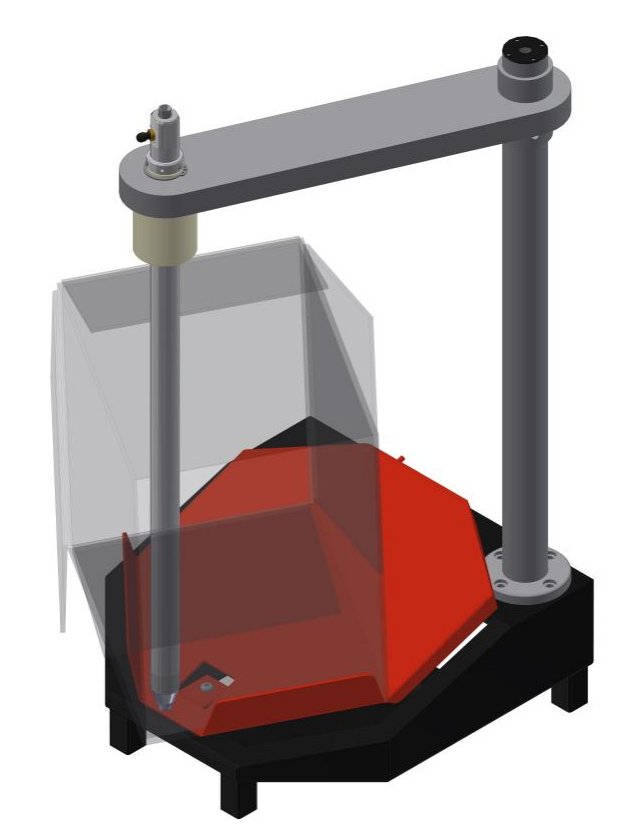Content Menu
● Understanding Integrated Control Systems
>> What Is an Integrated Control System?
>> Core Components of Our Integrated Control System
● Key Advantages of Our Integrated Control System
>> Enhanced Operational Efficiency
>> Improved Data Accuracy and Real-Time Monitoring
>> Cost Reduction and Scalability
>> Enhanced Safety and Risk Management
>> Flexibility and Vendor Neutrality
● How Our Integrated Control System Supports Innovation
>> Enabling Digital Transformation
>> Cloud Integration and Remote Management
● Real-World Applications and Success Stories
>> Manufacturing Industry
>> Energy Sector
>> Building and Facility Management
● Future Trends in Integrated Control Systems
>> Greater Emphasis on Cybersecurity
>> Increased Use of Artificial Intelligence
>> Enhanced User Experience
● Frequently Asked Questions
Integrated control systems have become a cornerstone in modern industrial and manufacturing environments, offering a unified approach to managing complex operations. Their ability to seamlessly coordinate machinery, software, and human resources has propelled them to the forefront of technological solutions worldwide. This article explores the key features, benefits, and innovations that distinguish our integrated control system as a global leader.

Understanding Integrated Control Systems
What Is an Integrated Control System?
An integrated control system (ICS) combines multiple control and safety functions into a single, cohesive platform. Traditionally, control and safety systems were managed separately, which often led to inefficiencies, increased costs, and safety risks. The ICS merges these functions, enabling holistic oversight and precise coordination of all operational components.
Core Components of Our Integrated Control System
Our ICS typically includes:
- Control modules that manage machinery and processes.
- Safety systems that monitor and mitigate risks.
- Data acquisition units for real-time monitoring.
- Communication networks that enable seamless data sharing.
- User interfaces for centralized management and decision-making.
This architecture supports integration of components from multiple vendors and legacy systems, ensuring adaptability and future-proofing.
Key Advantages of Our Integrated Control System
Enhanced Operational Efficiency
One of the most significant benefits of our ICS is the dramatic increase in operational efficiency. By automating repetitive tasks and streamlining workflows, the system allows workers to focus on higher-value activities. This results in faster production cycles and reduced downtime.
Moreover, synchronized operations eliminate bottlenecks by ensuring that all components communicate and operate harmoniously. This coordination leads to consistent performance and smoother production runs.
Improved Data Accuracy and Real-Time Monitoring
Our system excels at collecting and sharing data across all platforms in real time. This integration minimizes errors caused by manual data entry and disparate data formats. Operators and managers gain immediate access to accurate information, enabling quicker problem identification and resolution.
Real-time data also supports predictive maintenance by forecasting equipment failures before they occur, thereby reducing unexpected downtime and extending machinery lifespan.
Cost Reduction and Scalability
By eliminating redundant processes and manual interventions, our ICS reduces operational costs related to labor, maintenance, and material waste. Additionally, the system's modular design allows for easy scalability, accommodating changes in production demands without major overhauls.
Whether expanding to new facilities or upgrading existing infrastructure, the system adapts seamlessly, supporting business growth with minimal disruption.
Enhanced Safety and Risk Management
Safety is paramount in industrial settings, and our integrated control system significantly improves workplace safety. Automated safety features reduce human error, while continuous monitoring detects faults and hazards early.
The system supports advanced safety protocols such as automated lockout/tagout procedures and muting zones, which protect workers without compromising productivity. Faster emergency responses are enabled through immediate fault detection and automated alerts.
Flexibility and Vendor Neutrality
Our ICS is designed to be vendor-agnostic, meaning it can integrate hardware and software from various suppliers. This flexibility allows organizations to leverage best-in-class technologies and avoid vendor lock-in.
Furthermore, the system supports integration with legacy equipment, protecting prior investments while enabling modernization.
How Our Integrated Control System Supports Innovation
Enabling Digital Transformation
Our ICS acts as a digital conductor, orchestrating complex processes with precision. By providing a unified platform for control, safety, and data analytics, it lays the foundation for adopting cutting-edge technologies such as artificial intelligence, machine learning, and IoT.
These innovations enhance decision-making, optimize resource allocation, and enable adaptive control strategies that respond dynamically to changing conditions.
Cloud Integration and Remote Management
Modern industrial operations benefit from cloud-based solutions that offer centralized management and remote accessibility. Our integrated control system supports cloud connectivity, allowing security and operations managers to monitor and control processes from anywhere with an internet connection.
This capability improves responsiveness, reduces the need for on-site interventions, and supports scalable deployment across multiple locations.
Real-World Applications and Success Stories
Manufacturing Industry
In manufacturing, our ICS has been instrumental in increasing productivity by automating quality control and reducing manual inspections. Integrated data collection enables early detection of defects, minimizing waste and improving product consistency.
Energy Sector
Energy plants utilize our system to coordinate complex processes such as power generation, distribution, and safety monitoring. The system's reliability reduces downtime and enhances compliance with stringent safety regulations.
Building and Facility Management
Integrated access control systems within our ICS improve security operations by centralizing management of access points, surveillance, and alarms. Cloud-based integration provides scalable solutions for multi-site facilities, enhancing operational control and reducing costs.
Future Trends in Integrated Control Systems
Greater Emphasis on Cybersecurity
As ICS platforms become more connected, cybersecurity is increasingly critical. Future developments will focus on robust security protocols to protect against cyber threats while maintaining operational integrity.
Increased Use of Artificial Intelligence
AI-driven analytics will further enhance predictive maintenance, anomaly detection, and process optimization, making integrated control systems smarter and more autonomous.
Enhanced User Experience
User interfaces will evolve to be more intuitive, incorporating augmented reality and voice control to simplify complex operations and improve operator efficiency.
Frequently Asked Questions
Q1: What industries benefit most from integrated control systems?
A1: Industries such as manufacturing, energy, building management, and process automation benefit greatly due to the need for coordinated control, safety, and data integration.
Q2: Can an integrated control system work with existing legacy equipment?
A2: Yes, our system is designed to integrate with legacy hardware, allowing organizations to modernize without discarding previous investments.
Q3: How does the system improve safety in industrial environments?
A3: It automates safety protocols, reduces human error, detects hazards early, and enables faster emergency responses through integrated monitoring.
Q4: Is the system scalable for growing businesses?
A4: Absolutely. The modular design and cloud integration allow easy scaling to accommodate increased production demands or additional sites.
Q5: What role does real-time data play in the system's effectiveness?
A5: Real-time data enables immediate decision-making, predictive maintenance, and operational adjustments, leading to higher efficiency and reduced downtime.

[1] https://quadplus.com/benefits-of-seamless-control-systems-integration/
[2] https://blog.csdn.net/vor234/article/details/123386151
[3] https://www.unicornglobalautomations.com/services/integrated-control-system/
[4] https://jphe.amegroups.org/article/view/4265/10863
[5] https://www.evalink.io/blog/How-integrated-access-control-systems-benefit-businesses-security-operations
[6] https://developer.mozilla.org/zh-CN/docs/MDN/Writing_guidelines/Writing_style_guide
[7] https://blog.se.com/industry/2023/10/18/4-reasons-a-single-integrated-distributed-control-system-is-key-for-industrial-operations/
[8] http://www.tup.tsinghua.edu.cn/upload/books/yz/085177-01.pdf
Hot Tags: China, Global, OEM, private label, manufacturers, factory, suppliers, manufacturing company










































 .
. 